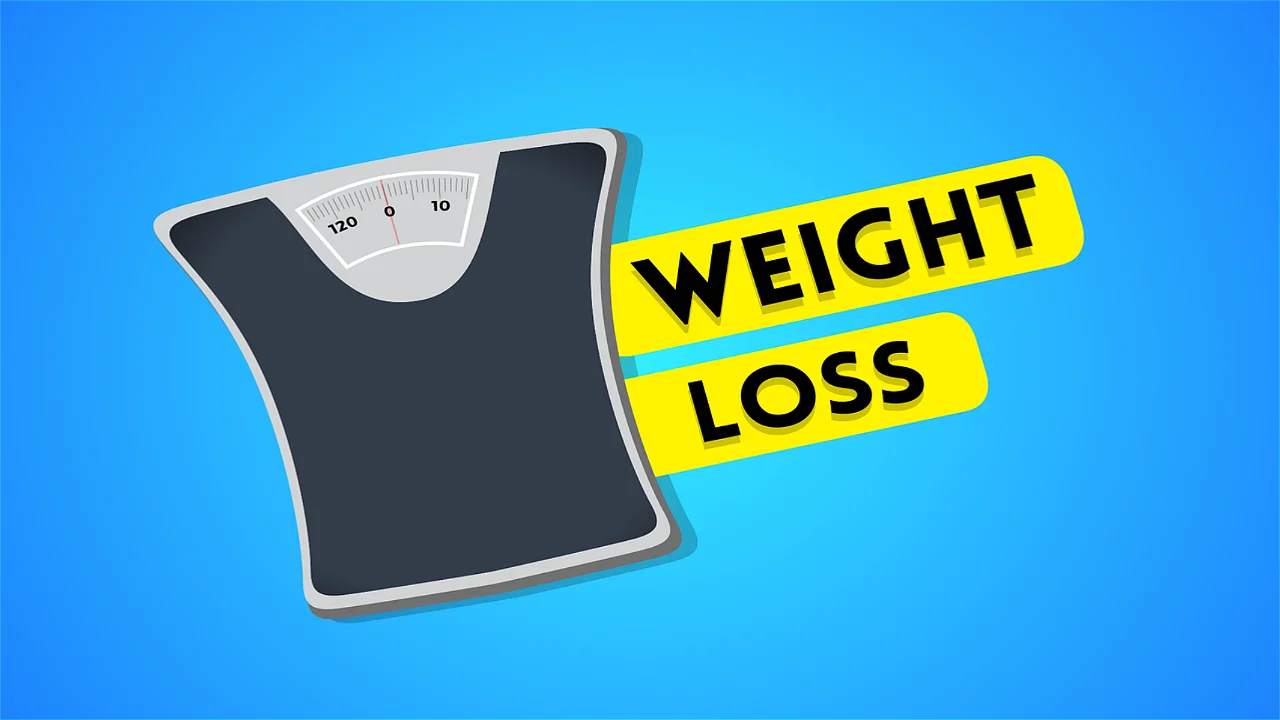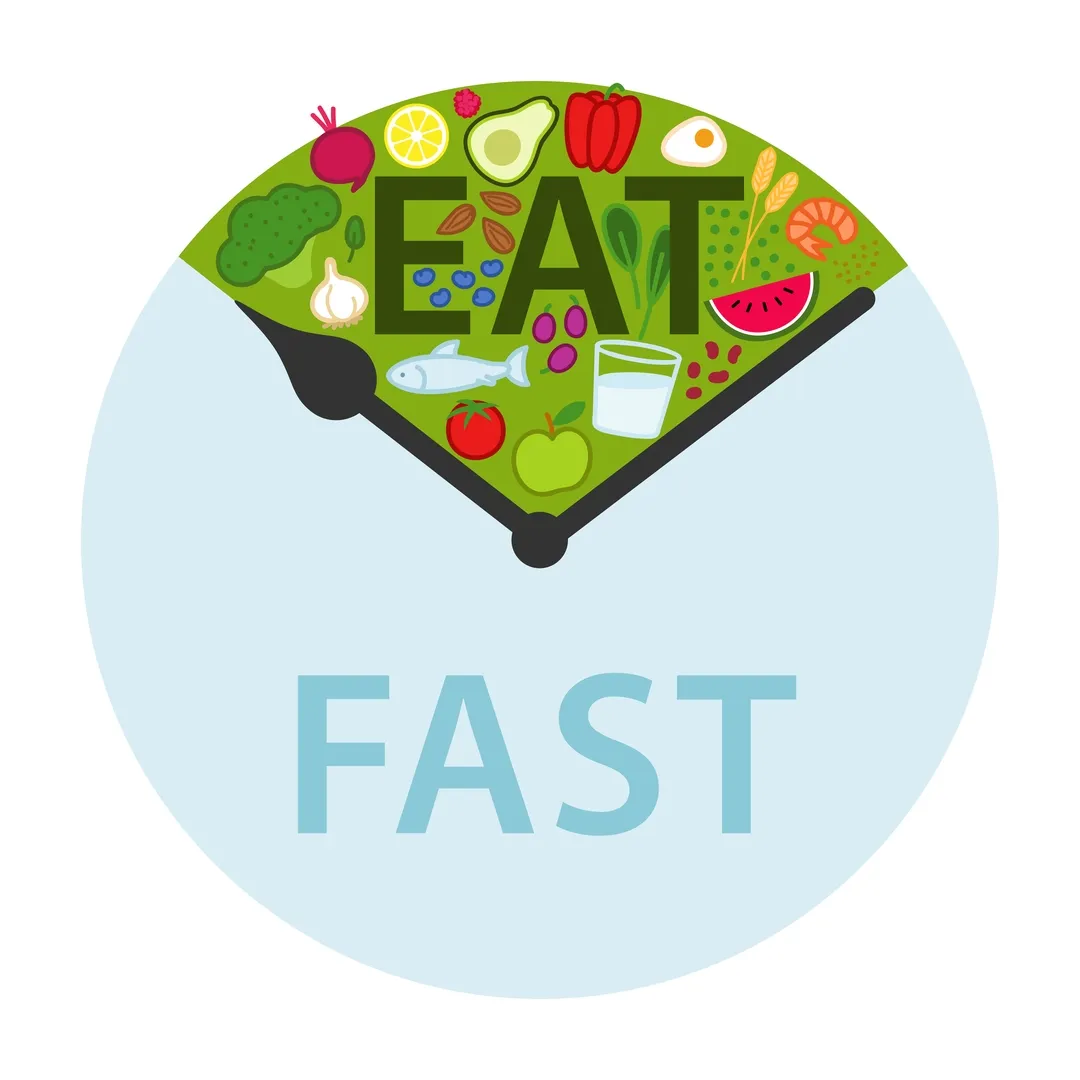
Diets low in calories are challenging to implement. Diets that are not varied (missing primary macronutrients) are unsuitable for the long term. After a slight weight loss, the weight often returns to the previous level, sometimes with additional weight. (Makes it even more difficult for the following weight loss diet)
These guidelines may seem steep initially, but a lifestyle change (and not just a diet) will ensure your health with a slimmer appearance. If you suffer from sharp fluctuations in weight, it is advisable to weigh yourself regularly, once a week.
Debunking myths concerning weight loss. (Q&A)
Will I lose weight if I consume fewer calories than I expend?
- It's a sentence that logically sounds trivial, but it holds an inherent problem in routing food between tissue-building, energy creation, and fat accumulation. Therefore, all caloric calculations are inaccurate.
What does it take to get rid of belly fat?
- Pronounced abdominal fat is considered an important indicator that predicts heart attacks; this is related to a decrease in liver function. The most effective way to strengthen liver function is by switching to a natural, varied diet while reducing the intake of animal proteins that burden the liver. It is advisable to combine drinking natural juices and regular exercise.
Surprisingly! Processed foods are making us gain weight much faster than the same calories of natural foods.
- The nutrients we eat and drink and the calories they carry cannot vanish, but they can be redirected to other non-energy, "non-countable" purposes. Link: Calories cannot disappear but can be redirected as uncounted.
To lose weight, it is not necessary to perform strenuous physical activity.
- While strenuous exercise burns a lot of calories, it also increases appetite. Moderate but regular exercise, especially after meals, is essential for weight loss and maintaining an optimal weight. The explanation lies on two levels: Lymphatic fluid needs body movement and serves as a second line of defense for the immune system. During exercise, the digestive system's peristalsis improves the absorption of essential nutrients into the body.
Weight is primarily determined by heredity. Therefore, there is no point in trying too hard!
- Heredity is a component in determining optimal weight, but contrary to popular belief, the dominant part in determining weight is dietary habits and a healthy lifestyle. (mental and physical)
All calories are the same, so I must eat less than I expend!
- Not all calories are the same! Food composition, origin, and timing are essential for routing food and beverages between energy production, fat storage, and cell renewal. It is necessary to know that industrialized foods cause accelerated weight gain compared to natural, unprocessed foods with the same caloric values.
To be healthy, is it necessary to consume more proteins?
- The modern diet is too rich in proteins, especially animal proteins (usually industrialized ones). These proteins are difficult to digest, acidic to the intestines, and very burdensome on the liver and kidneys.
Are there fat-burning foods?
- The terminology of "fat-burning foods" is misleading because there are none. Natural foods that contribute to our health optimize weight if consumed in the correct dosage and composition and during the daytime.
Does weight loss require low-fat intake?
- Natural oils and fats are essential in weight loss. They, along with dietary fiber and probiotics, are necessary to regenerate intestinal wall tissue and lubricate the intestines. Without good nutrient absorption, the body's ability to regenerate tissue is impaired, contributing to obesity.
Extremely low-calorie diets (below 1000 calories daily for active people) are ineffective over time.
- Extremely low-calorie diets create a state of constant hunger that can last for a few months, followed by compensation in the form of overeating. It is an unhealthy method of weight loss, only short-term.
It is advisable to keep carbohydrates and starches to a minimum to lose weight.
- Avoiding or consuming minimal carbohydrates and starches often results in excessive consumption of animal proteins, which are usually of industrialized and processed origin. Proteins' breakdown products are ammonia, uric acids, urine, and urea, which are very heavy on the liver and kidneys.
- Carbohydrates and starches are high-volume foods that fill the plate and are incredibly satisfying. It's hard to go a week without carbs. Reasonably dosed carbohydrates are an available and vital energy source for the body.
Is it advisable to eat foods that are difficult to digest because prolonged digestion consumes energy, thus contributing to weight loss?
- This premise is fundamentally wrong! Prolonged digestion damages the intestinal walls and makes it difficult to absorb nutrients. Poor absorption means less ability to regenerate tissues; therefore, most food is converted into energy and contributes to weight gain.
While dieting, are sweet fruits and vegetables such as melon, banana, and carrots forbidden?
- Adequate consumption of sweet fruits and vegetables in reasonable dosages helps strengthen the immune system and promote weight loss. The sugar in fruits and vegetables comes with many nutrients and a low to moderate glycemic index. (Does not quickly turn into available sugar)
Does drinking lots of water help in the weight loss process?
- The kidneys regulate blood pressure and the level of salts and electrolytes in the blood. It is essential to drink when we are thirsty to avoid dehydration. Fluids are required in all life processes; however, excess fluid is excreted in the urine and does not help weight loss.
Does very spicy food cause weight loss?
- Spicy foods, such as garlic or hot peppers, can kill parasites and pathogenic bacteria in the digestive tract and thus partially balance the intestinal flora. This condition can improve the absorption of nutrients. At the same time, the active substances irritate the intestinal walls, and dead bacteria and pathogens secrete toxins. The idea that spicy food dissolves fat and prevents obesity is wrong.
Does taking laxatives cause weight loss?
- Regular bowel movements are essential in weight loss as they contribute to balancing the intestinal flora and strengthening the immune system. Laxatives, even natural ones, such as castor oil, do not have the same effect.
A balanced diet is the most suitable way to optimize body weight.
Link: The balanced-varied diet is the most suitable anti-inflammatory diet.
Recommended foods:
- Eat varied, natural, unprocessed foods, mainly vegetables and fruit. (Preferably organic and not genetically modified.)
- Starches are necessary but in limited quantities. Moist carbohydrates are the best. Add natural oils or fats to staches. (Easier to digest)
- Deep-seawater fish containing omega-three fatty acids is essential to avoid chronic inflammations.
- The digestive system needs edible oils and fats to emulsify food.
- Natural sauces are excellent emulsifiers and are highly recommended.
- Dietary fiber (in the plant-based diet) and fermented products balance the gut flora. Dietary fiber carries this emulsion to the bowel, feeds the good bacteria, and regenerates intestinal walls.
Minimize or avoid foods:
- Reduce or avoid processed and industrialized foods altogether.
- Avoid oversized portions of starches (such as potatoes) and meat or poultry. This combination is inflammatory and hard to digest, straining digestion and the immune system.
- Minimize free sugar intake. It has inflammatory properties.
- Cut your animal protein intake by 50% (mainly meat, poultry, and cheeses).
- Minimize dairy cow products. Goat's milk and yogurt are much better.
Thyroid functions control metabolism and body weight.
- Two essential elements, iodine and selenium, are needed for the thyroid hormones that control metabolism. Eating Brazilian nuts (in small quantities), pink Himalayan salt, or seaweed regularly is an easy way to get these two elements.
Best bread:
- Avoid eating white flour and yeast bread; they disturb the gut flora balance. Instead, recommend sprouted, rye, spelled, or whole-flour sourdough bread.
Recommended beverages:
- The best options are drinking water, tea, ground black coffee without sugar or milk, or freshly squeezed juices.
- Soft drinks and alcoholic beverages are not recommended. However, drinking a glass of water during a meal will not harm you.
The 8:16 diet has many benefits.
(Complete the rest of the digestive system from early evening to the following day.)

Eating habits and food composition.
- Eat 2.5 -3 meals during the daytime and 2-3 small snacks. (If needed)
- Eat only during the day, and let your digestive and immune systems rest at night.
- Eat animal proteins with only small quantities of starches. The best combination is with vegetables and fruit.
- Eat leisurely and chew well. It is advisable to cut the food before eating. Food that is not chewed well digests slowly.
Recommended lifestyle.
- Reduce or avoid medication intake.
- Moderate, regular exercise is essential for good health and weight loss.
- A good night's sleep is essential for good health and optimized body weight.
- Controlled solar baths are essential for proper physiology and affect the body's weight. (Sun tanning)
The balanced-varied diet described in greater detail (in a separate article) aligns with slimming principles.
Link: The balanced-varied diet is the most suitable anti-inflammatory diet.
A healthy diet and lifestyle will help you maintain an optimal weight.
If you are interested in a "simple diet" without lifestyle changes, although required, you should consider that the result will probably be short-term.

Diets low in calories are challenging to implement. Diets that are not varied (missing primary macronutrients) are unsuitable for the long term. Our bodies need carbohydrates, starches, proteins, oils, and fats. Industrialized food fattens more than the same calories as natural food.

